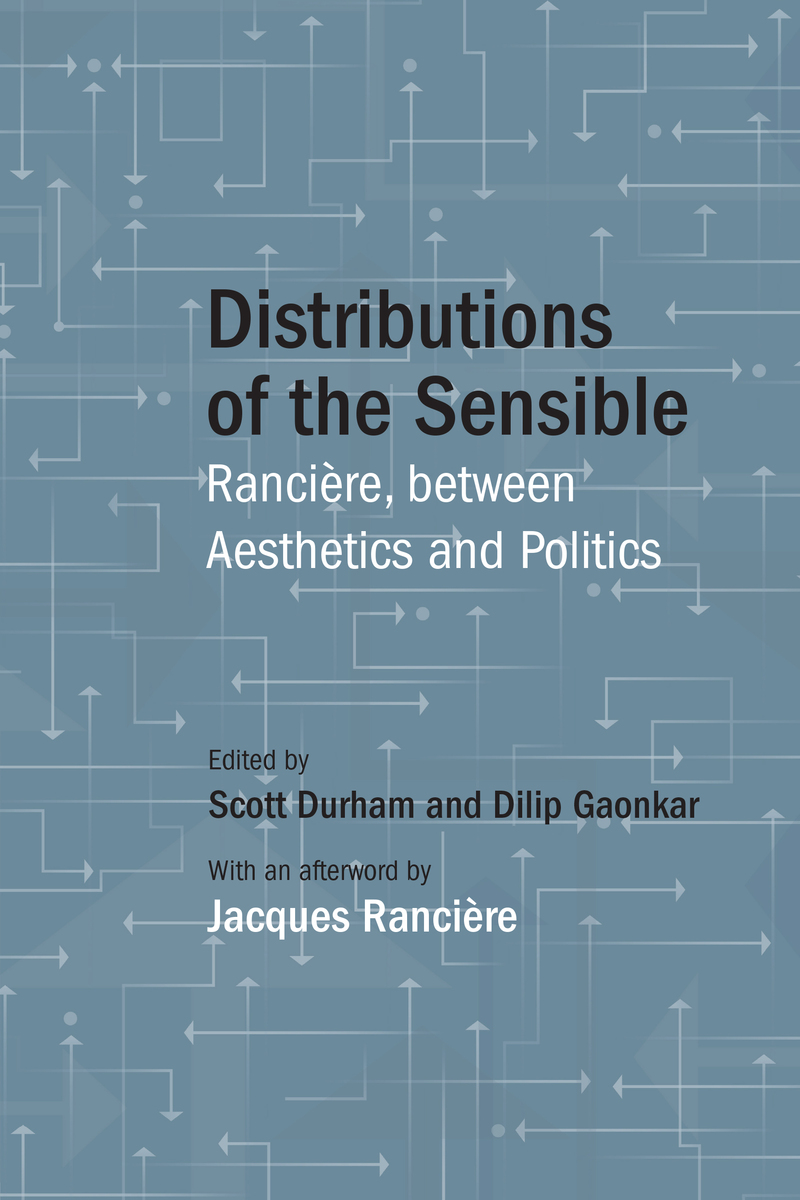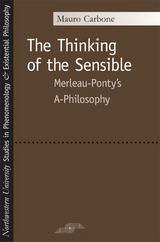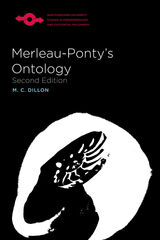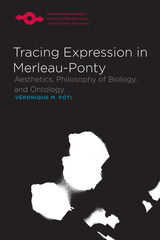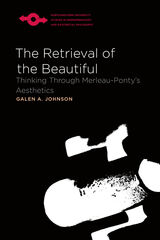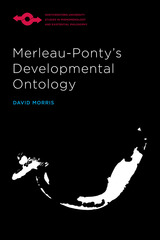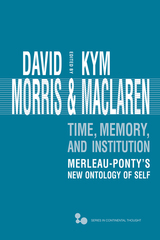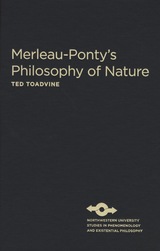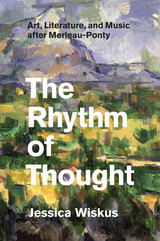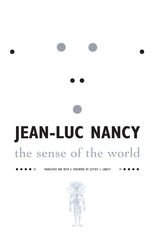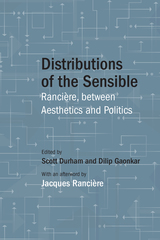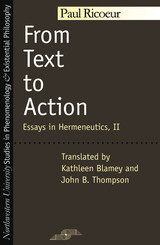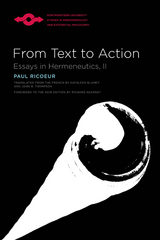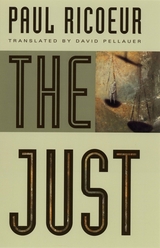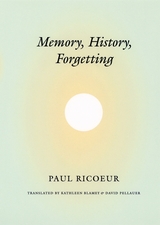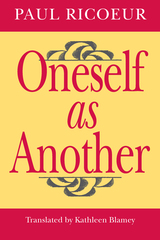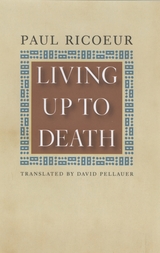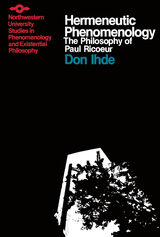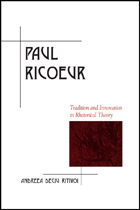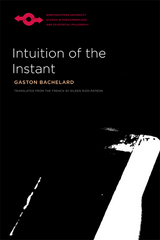Distributions of the Sensible: Rancière, between Aesthetics and Politics
Northwestern University Press, 2019
Cloth: 978-0-8101-4028-8 | Paper: 978-0-8101-4027-1 | eISBN: 978-0-8101-4029-5
Library of Congress Classification B2430.R274D57 2019
Dewey Decimal Classification 194
Cloth: 978-0-8101-4028-8 | Paper: 978-0-8101-4027-1 | eISBN: 978-0-8101-4029-5
Library of Congress Classification B2430.R274D57 2019
Dewey Decimal Classification 194
ABOUT THIS BOOK | AUTHOR BIOGRAPHY | REVIEWS | TOC | REQUEST ACCESSIBLE FILE
ABOUT THIS BOOK
Jacques Rancière’s work is increasingly central to several debates across the humanities. Distributions of the Sensible confronts a question at the heart of his thought: How should we conceive the relationship between the “politics of aesthetics” and the “aesthetics of politics”? Specifically, the book explores the implications of Rancière’s rethinking of the relationship of aesthetic to political democracy from a wide range of critical perspectives.
Distributions of the Sensible contains original essays by leading scholars on topics such as Rancière’s relation to political theory, critical theory, philosophical aesthetics, and film. The book concludes with a new essay by Rancière himself that reconsiders the practice of theory between aesthetics and politics.
Distributions of the Sensible contains original essays by leading scholars on topics such as Rancière’s relation to political theory, critical theory, philosophical aesthetics, and film. The book concludes with a new essay by Rancière himself that reconsiders the practice of theory between aesthetics and politics.
See other books on: Cheah, Pheng | Conley, Tom | Equality | Rancière, Jacques | Rancière, Jacques
See other titles from Northwestern University Press
